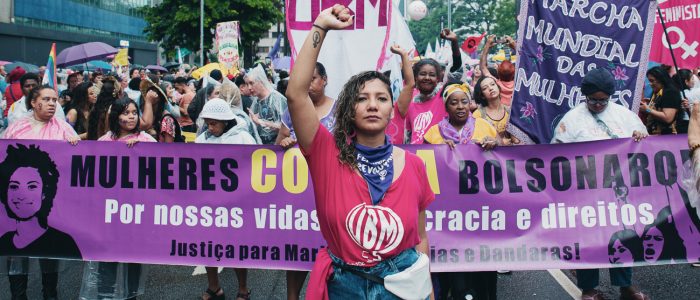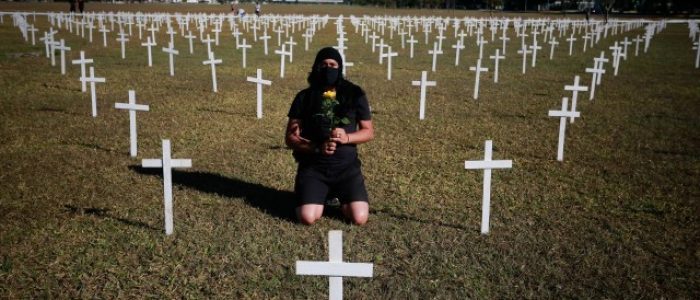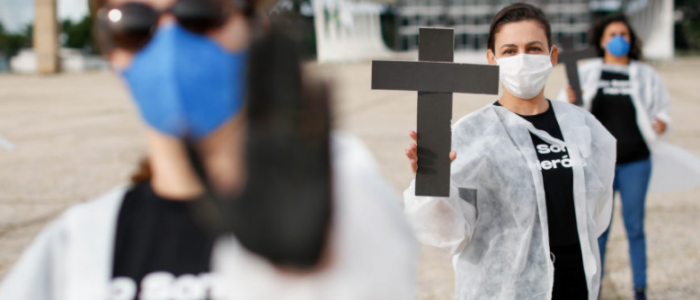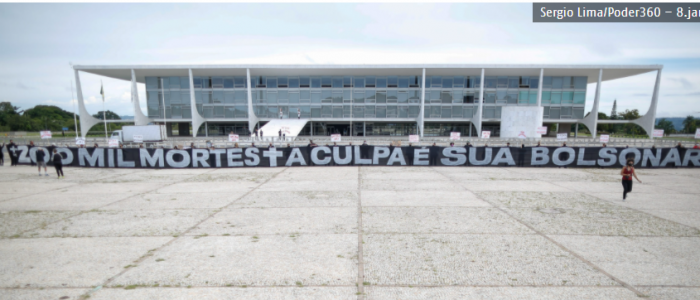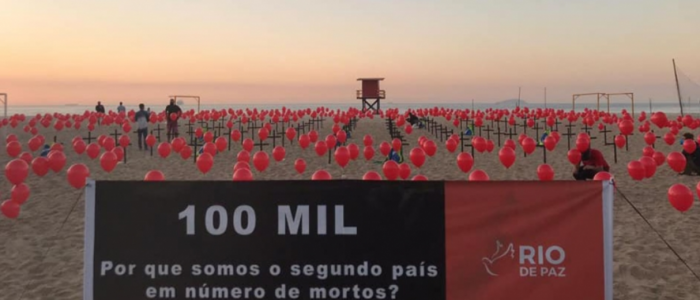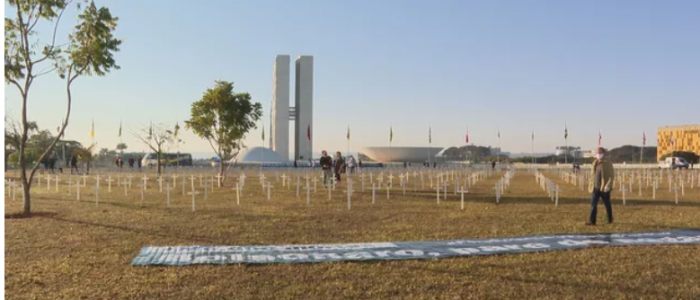No dia 18 de fevereiro de 2021, a Coalização Negra Por Direitos realizou atos em 28 cidades do país, sendo 18 capitais. A Coalização Negra Por Direitos é formada por mais de 200 entidades, as quais, no dia das mobilizações, protocolaram ofícios exigindo aos governos federal, estaduais e municipais medidas de combate à miséria, da segurança alimentar da população negra e periférica, além da garantia da vacinação em massa e do fortalecimento do Sistema Universal de Saúde (SUS).
- Mobilized groups: Collectives , NGOs
- Tipos de mobilização: Campanhas pró e contra vacina , Protestos na Era da Pandemia


